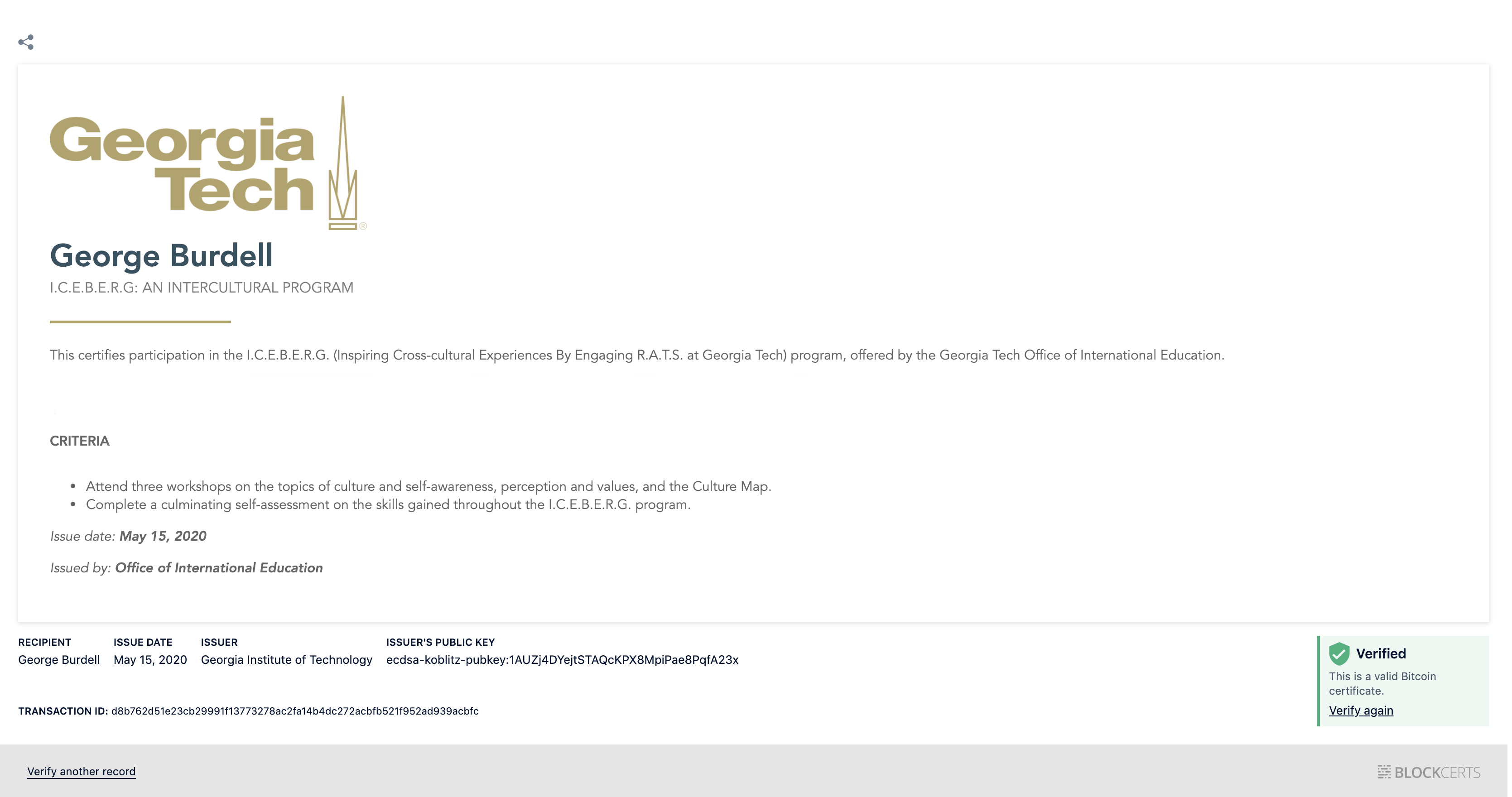What is it?
The Compass intercultural learning series is a 3-part program for undergraduate students at GT. Through the program, students learn how culture can impact thoughts and behavior; build community with other students; develop skills to recognize cultural differences where it may not be obvious; and gain self-awareness, empathy, and adaptability. All of these skills and experiences help students navigate personal and professional challenges at GT, abroad, and in their future careers. The information presented in this workshop can also help students prepare to work in multinational companies, study/intern abroad, design for international and multicultural markets, and better understand end user behavior among different populations.
Eligibility
Compass is open to any GT undergraduate student. Faculty and staff interested in learning more about Compass or other intercultural learning opportunities hosted by the Office of International Education, please contact intercultural@oie.gatech.edu with inquiries.
Time Commitment
Compass requires students to meet for the 3-part program (2 hour sessions) in an in-person environment. Students will also be placed in teams and we ask them to meet for about 1 hour between sessions (virtually or in-person) to complete small group activities.
Session 1: Culture & Self-Awareness
• Identify different aspects of culture
• Express self-awareness of personal and cultural assumptions
• Recognize the role of perception in intercultural interactions and misunderstandings
Session 2: Perception & Values
• Understand the perspective of someone who is different from them
• Express self-awareness of cultural values
• Navigate cultural differences, biases, prejudices, and stereotypes
Session 3: The Culture Map
• Recognize the meaning of the Culture Map scales, a cultural orientation framework
• Examine personal cultural orientation
• Compare cultural orientations between different countries using the Culture Map scales
• Apply the Culture Map to a case study scenario
• Develop communication and teamwork skills
GT Blockcert

How to Register
GT undergraduates interested in participating in the ICEBERG intercultural learning series should complete the registration for the series. Spring 2026 dates will be announced as soon as possible.
Go Further
Continue internationalizing your education at Georgia Tech! Over half of Georgia Tech undergraduates will have a significant international experience before graduation by studying or interning abroad. Many students go abroad more than once as part of the International Plan. In addition to the Office of International Education’s overseas offerings, Georgia Tech has many ways for you pursue your international interests on campus through our globally-focused academic minors, certificate programs, and research initiatives.
Stay Connected
Questions? Contact intercultural@oie.gatech.edu
I already use [what I learned in ICEBERG] regularly when interacting with people in my life, and I know this will continue as our world becomes more closely interconnected. I will inevitably be interacting cross-culturally in my career, and I am a more effective communicator...as a result of ICEBERG.
- ICEBERG Participant, Spring 2021
This session brought to light how we perceive things as a society and how our intentions may be looked as another thing in certain countries. The activity we did within this session helped my understanding of how we can have differences but have the same intentions. Although this particular assignment did stump our group, we had a great discussion about we can connect different cultures while respecting each other's differences.
- ICEBERG Participant
Before ICEBERG I had rarely taken the time to really look at other people's actions through a different cultural lens than my own, and [in this session] I learned how important it is to not cloud my judgement of other's actions with my own cultural experiences.
- ICEBERG Participant
It is hard to remove your own cultural bias when evaluating people from other cultures and that was definitely the case for me when looking at some of these pictures without context. It helped reframe my perspective by reminding me that not everything is always as it looks and we as outsiders can't judge people unless we have the full story. Often, what these people are doing seems very different to us, but when we hear the explanation, we often go 'Oh, that makes sense' and so this activity helped me to be less judgmental of things in other cultures I don't understand.
- ICEBERG Participant
